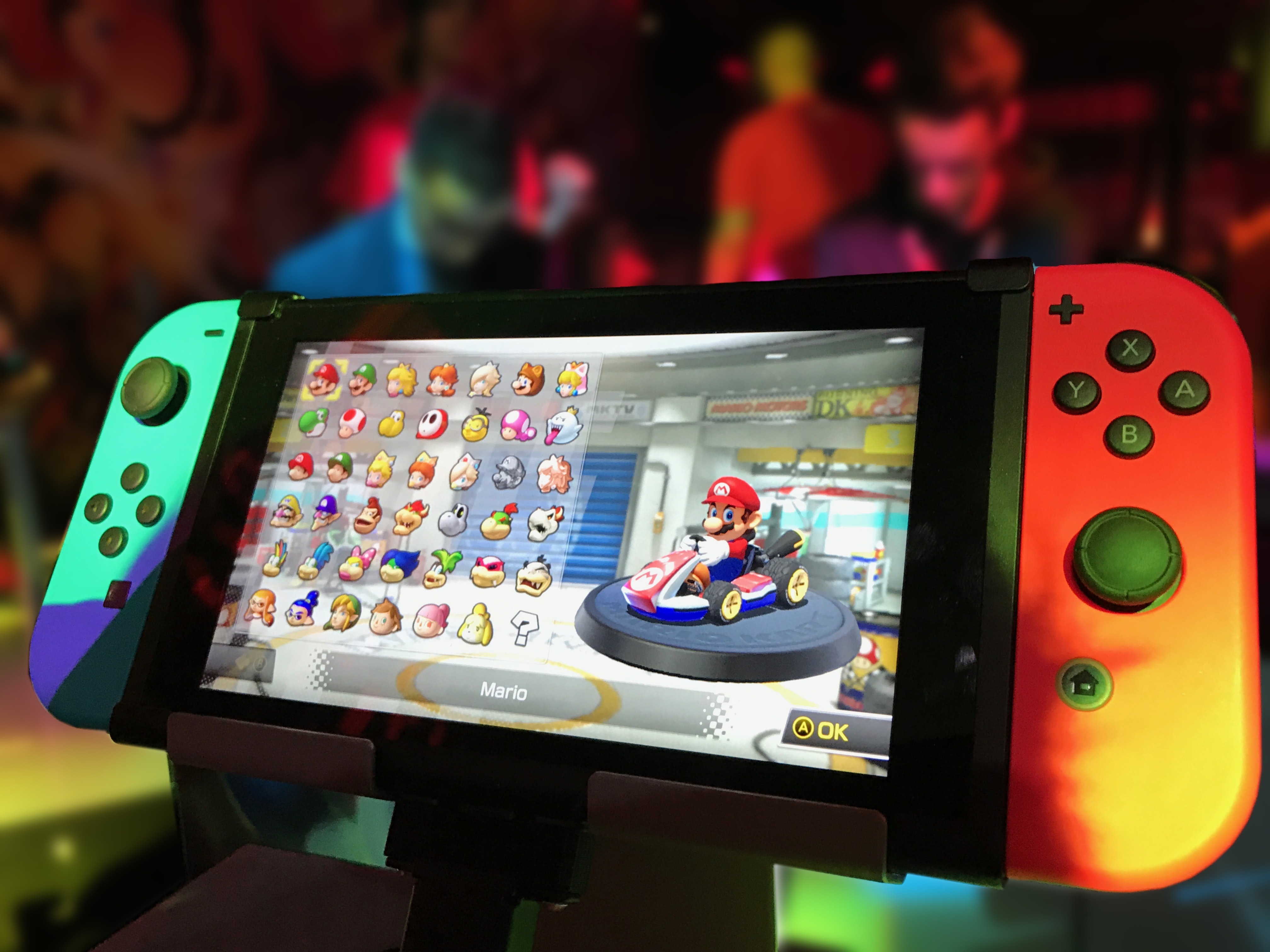It’s no secret…I like to play video games. I cut my teeth on summer breaks playing ATARI and Nintendo with my cousins. I was hooked on the Tetris arcade in the lunchroom at university, and after I bought my first PlayStation, Spyro and I became fast friends. I spent the majority of the mid-2000’s buying ever-more-powerful computers to keep up with my World of Warcraft obsession.
Recently, I’ve been all about firing up the PS4 and exploring Egypt in Assassin’s Creed Origins and slashing my way through the realms in God of War (although I welcome the opportunity to smash my boyfriend at Tetris anytime!).
But one thing is for certain…I’m no longer that little girl camped out on the floor with my cousins! Along with the stress and rigor of daily life, gaming for extended periods of time now leads to a sore neck and shoulders. Games are more complex now too, some requiring advanced strategic thinking and puzzle solving skills.
There are many ways in which floating has helped me be a better gamer, but here are my top three:

Expand your mind to improve puzzle solving skills and reflexes
Although I have been known to button-mash my way to a few victories (I <3 MKX), I really prefer role-playing games. Games with great puzzles that require creative thinking and problem solving skills.
I started my float practice to help manage chronic pain, but I’ve surprisingly found that floating has heightened my creativity and improved my ability to think outside-the-box. This not only has benefits when I’m gaming, but I find it easier to develop innovative solutions to problems at work and in my life.

Ease gamer muscles (reduce tech neck)
Whether you game on a computer, a console, or a smartphone, one thing is for certain…you have likely experienced the symptoms of ‘tech neck’, including stiff, sore, throbbing muscles in your neck, back, and arms.
The environment inside the float tank is warm and quiet, which allows me to really focus on relaxing those muscles while the sensation of being weightless helps to reduce the strain that those muscles constantly feel.
Because of the high concentration of Epsom salt in the water, my body is also able to absorb some magnesium, which also helps to relieve tension and reduce pain.

Disconnect to Reconnect – UNPLUG!
Have you ever been so frustrated with a game that you just had to turn it off and walk away? Maybe even rage-quit when things got tough? Then, when you come back to the game with a clear head you discover it really wasn’t that bad in the first place.
Life can be like that too. Being inside the float tank allows me to just ‘unplug’ from it all. For 90-minutes there is no external information coming in. There are no signals. There are no screens. There is no frustration or disappointment. There is just me and my brain and the warm, salty water.
My muscles relax, my brain gets quiet, and the world gets still. As I’ve built my float practice, I’ve found that it’s becoming easier to recognize when I need to unplug, to just turn if off for a moment.
Balance is so important. There needs to be a give and take with everything we do.
As far as gaming goes, I’m certainly no professional. I play games to have fun, get creative, and go on an adventure. I’m able to step out of myself for a moment and be someone else.
Building my float practice helps me to balance that by providing me the time and space to step back into myself. This allows me to examine my own adventure and helps me to realize what it means to be me.

Rebecca Ambrose
Full-time business analyst, a part-time float guide, and an all-the-time fibro warrior.
Her hobbies include talking about floating, reading about floating, watching videos about floating, and (of course) floating. She also enjoys crocheting, finding creative ways to keep her cats out of her yarn stash, running muddy obstacle courses, and spending way too many hours playing video games.

